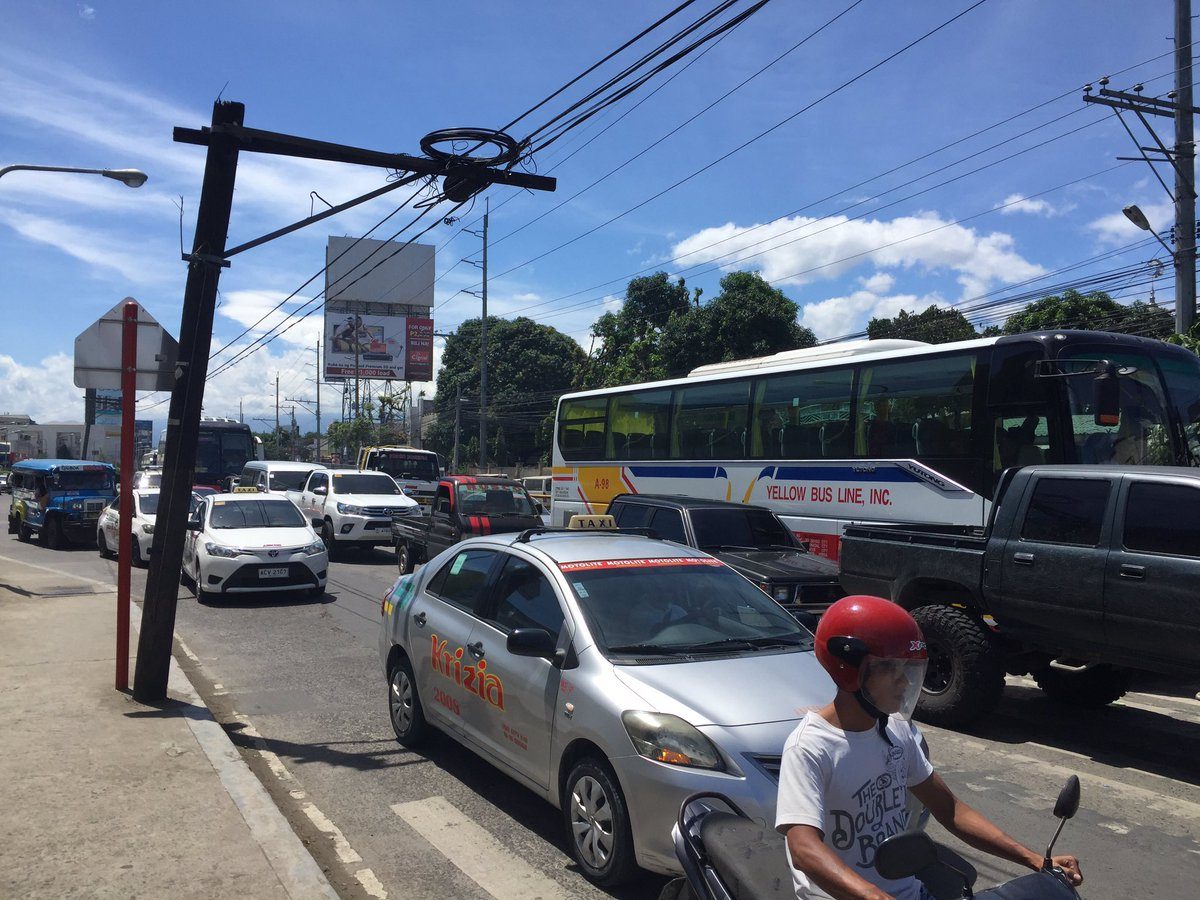SUMMARY
This is AI generated summarization, which may have errors. For context, always refer to the full article.

DAVAO CITY, Philippines – Enrico (not the real name), 55, has been a jeepney driver for the past 30 years here.
His only livelihood has supported his family of 6, and has sent 3 of his children to college.
On the average, Enrico’s brings home around P600 from plying the 8.6-kilometer Ma-a-Agdao route for about 12 hours a day.
“I am afraid I will lose my income when the HPBS rolls out,” he said, referring to the High Priority Bus System that the city government is implementing this year. Under the HPBS, modern buses will be fielded, effectively easing out jeepneys.
Enrico’s fear is not isolated. It is shared by more than 7,000 other jeepney drivers.
Dionisio Abude, the City Traffic and Transportation Management Office (CTTMO) head, confirmed that public transport drivers are indeed concerned about their future under the HPBS system, which is being backed by the Asian Development Bank.
The ADB, through the Department of Transportation, has alloted P3.6 billion for the fielding of 45 buses under the HPBS system, according to 3rd District City Councilor Conrado Baluran.
While the rollout is eyed to start this year, Baluran said the full implementation of the system could be completed by 2022 yet.
But even then, Enrico and his fellow drivers considered this a bleak development for jeepney drivers. After all, his route will be among those affected in the initial rollout. The others are Catalunan Grande to Ma-a via Diversion Road; Mintal to Bangkal, Mintal to Bankerohan, Ma-a to Buhangin via Diversion Road; and Toril to Ulas.
Baluran said the main purpose of the HPBS system is to address the city’s traffic problem, with passengers spending hours on the street to get to some destinations.
Job losses vs modern transportation
But for Transmission-Piston, the rollout of the P2P system will only result in more joblessness as jeepney drivers will lose their units. Small operators will also give way to private companies.
Davao City Mayor Sara Duterte maintained that the city government is not aiming to take away the livelihood of the drivers and operators.
“We are modernizing the transport system for the benefit of the public. We are trying to address the traffic congestion that we have been complaining about for years already,” she said in an earlier interview.
Sara said the reality is that in all the identified routes, there are about 7,000 jeepneys ferrying passengers at any given time, causing traffic jams.
She said by simply adding to the figure the number of private and other types of vehicles, anyone could easily imagine the traffic flow in the city.
Ivan Cortez, the city investment promotions chief, said under the HPBS, traffic jams would be minimized as there will only be a total of 900 buses to be used.
This he said, drastically reduced the number of vehicles needed to service all the routes in the city.
Aid for displaced drivers
For Enrico, the pronouncements of officials only enforced their fear.
“Imagine this, we have only about 900 buses. The number of PUJs that will be eased out is 7,000 more or less. Where will the 6,100 drivers go?” he asked.
But Abude said the fear is misplaced.
He said jeepney drivers who will be affected by the rollout of the HPBS will get training at the Technical Education and Skills Development Authority (TESDA) so they would qualify as drivers under the HPBS.
“The Ccity has a program for those willing jeepney drivers to undergo TESDA training. Those who will qualify will be recommended to the bus operators to become the priority drivers of the buses,” he said.
Abude said those who will become drivers under the HPBS will be employed as regular workers and not get percentage-based pay. They will be entitled to social and health coverage and benefits under PhilHealth, Pag-Ibig, and the Social Security System (SSS).
He said even those who will not get hired as drivers will still maintain a livelihood as they will be employed in the terminals. The affected drivers and operators will also be given assistance for a period of 6 months.
Abude said the rollout of the HPBS would not close the door to jeepney drivers but would even open up new opportunities for them.
“The city government is now looking on the financial assistance that will be given to the drivers, the drivers and operators will have separate financial assistance. The city government is still assessing how much should we give to the drivers and operators,” Abude said. – Rappler.com
Add a comment
How does this make you feel?
There are no comments yet. Add your comment to start the conversation.